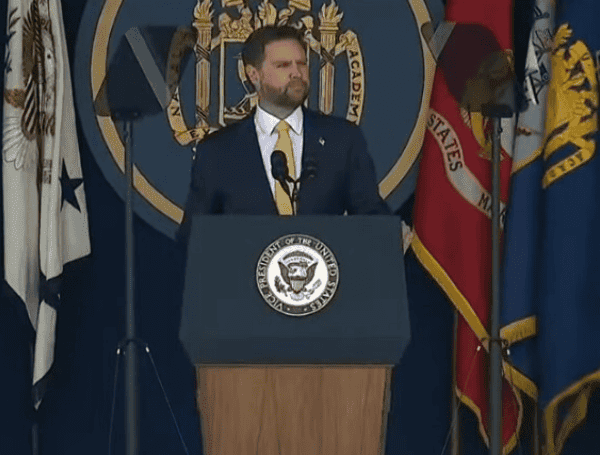Pols & Politics: Do Beacon Hill Lawmakers Need a Mandatory Work Attendance Policy?
The Massachusetts Legislature could very well resemble the Wild West at this moment.
Several months into the new session, both the House and Senate still haven’t reached an agreement on updated procedural rules that dictate the interaction between these two bodies. These rules also include specifics about how legislative committees should move proposed bills forward for voting on the floors of each chamber.
A group of six lawmakers negotiating an internal joint rules agreement disagree on a number of major policies, including when formal business should conclude for the two-year legislative term and who exactly should draft summaries of legislation before committees.
However, one of the major obstacles by far is deciding whether to mandate legislators’ presence at committee hearings.
It is an issue that burst into public view this past week when Rep. Tackey Chan, a Quincy Democrat, denied Sen. Jake Oliveira, a Ludlow Democrat, the chance to testify remotely on his bill at a Consumer Protection and Professional Licensure Committee hearing.
The kerfuffle, which also involved Lawrence’s Sen. Pavel Payano, turned into a tense moment between Democrats by Beacon Hill standards and even drew a stinging rebuke from Senate President Karen Spilka, who described the incident as “deeply troubling.”
The debate essentially comes down to the stance taken by Democratic leaders in the House, who believe that legislators should attend hearings conducted by the committees they belong to.
Mike Moran, the House Majority Leader and a Democrat from Brighton—who is among the six politicians working on the combined rules package—stated that his aim is for lawmakers simply to “make an appearance at some stage.”
“We would be willing to allow remote — anytime, anyplace, anywhere — just as long as we have attendance, which we think is reasonable,” Moran told reporters this past week.
This represents a shift from the initial joint rules proposed by the House, which aimed to mandate the physical attendance of legislators at hearings while allowing only limited remote access for the general public.
The Senate Democratic leaders initially resisted the notion of prohibiting remote participation, as key aides to President Spilka contended that senators serve on multiple committees beyond those held by representatives and oversee much broader territories.
Senate Majority Leader Cindy Creem, a Newton Democrat who is also a part of the joint rules negotiating committee, said she has recently had a day when she had four hearings at once.
“Nobody has questioned my work schedule,” Creem said. “I couldn’t do four hearings. I could maybe go five minutes here and five minutes there so I satisfy attendance. I think we need to focus on what people really care about.”
The flare-up between Chan, Payano, and Oliveira put the issue of remote attendance squarely in the spotlight.
Payano, who jointly leads the Consumer Protection and Professional Licensure Committee with Chan, attempted to acknowledge Oliveira for his virtual comments regarding legislation related to local authority over liquor licenses.
But Chan shut the attempt down.
“The chair isn’t acknowledging committee members who aren’t present in person, consequently, the chair doesn’t recognize Sen. Oliveira,” stated Chan.
This garnered quick criticism from Payano and Spilka.
I believe that when you prevent a democratically chosen state senator from testifying, particularly during a public hearing where every other citizen has the opportunity to speak, you’re not merely suppressing one individual; you’re muffling the voices of countless people,” stated Payano. “This action conveys to an entire neighborhood that their issues are unwelcome.
Chan shot back.
“The current stance of the House is to insist that committee members attend meetings in person. While we acknowledge that certain individuals may face challenges, the position set by the House chair is for people to physically be present for their duties, so to speak,” he stated.
Following the disagreement, Spilka stated that Oliveira was engaging with childcare providers within his district to explore methods for reducing early education expenses in Western Massachusetts.
“The notion that one branch’s rules can bind the operations of joint committees is without merit,” she said.
Moran, who holds the position of House majority leader, expressed some reservations about the notion that Oliveira wasn’t permitted to testify. However, he acknowledged that Chan possessed the power to prevent this due to his role as chairman at that time.
“That’s a dangerous slope to go down,” he said of Chan’s decision. “This is all going to go back to attendance. That is a stickler for House members, and has been since I’ve been in this body.”
Creem said there is nothing in the package of temporary joint internal rules the House and Senate adopted earlier this year that precludes someone from speaking remotely.
“It’s just not in there,” Creem said.
©2025 MediaNews Group, Inc. Visit at . Distributed by Tribune Content Agency, LLC.





